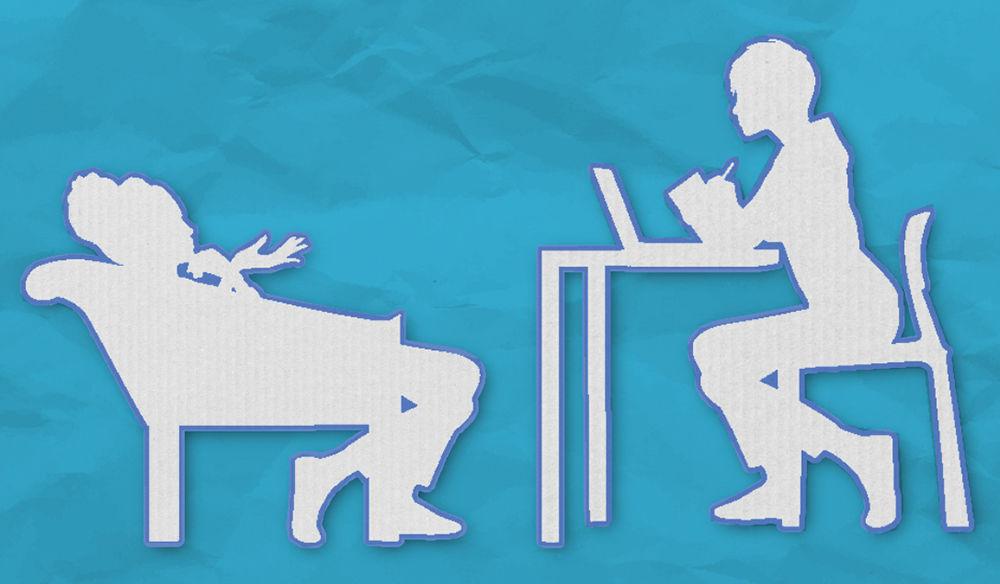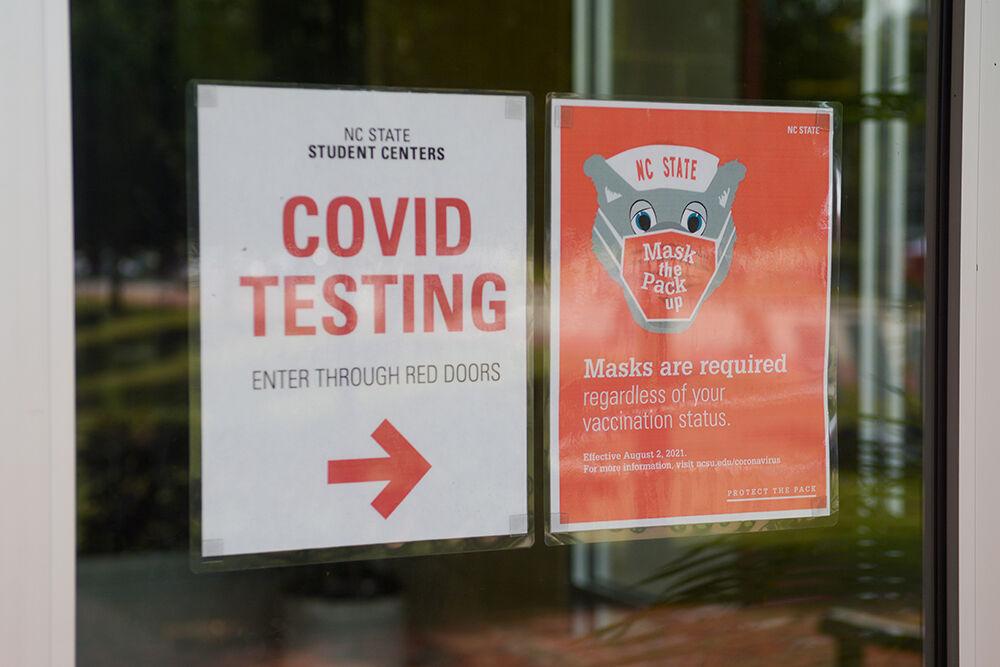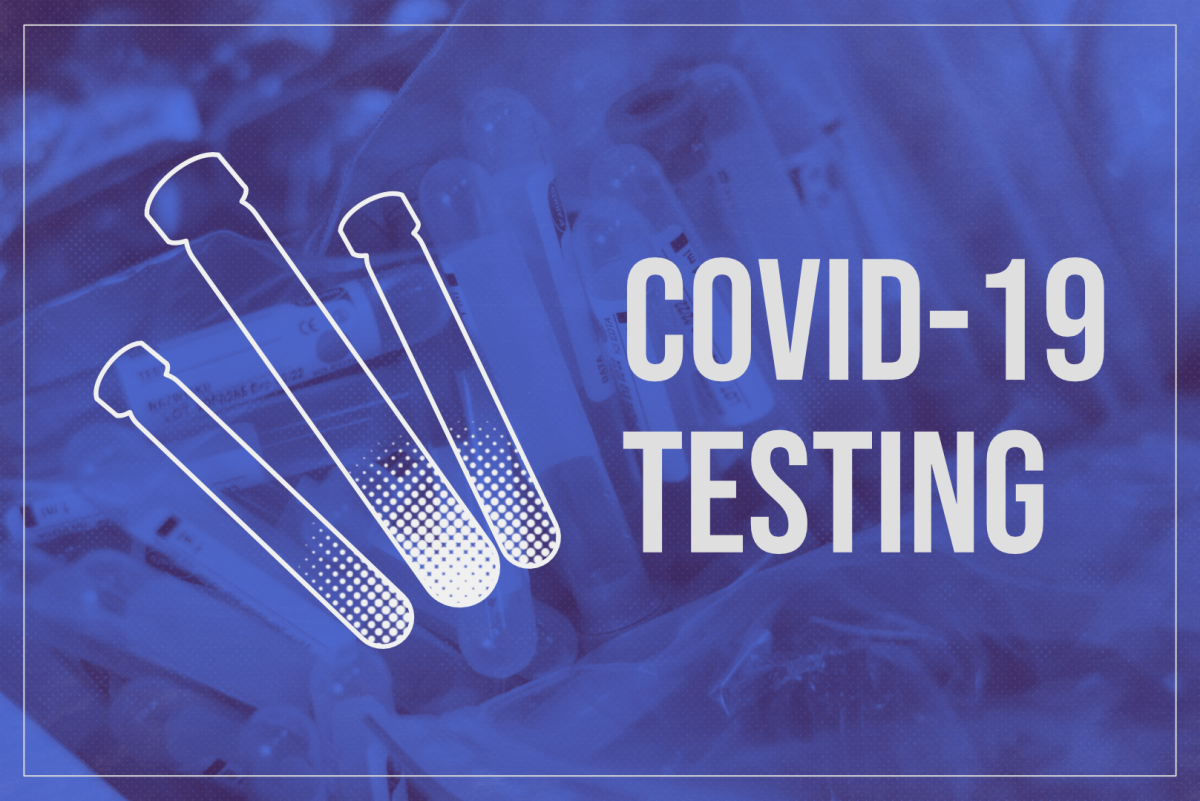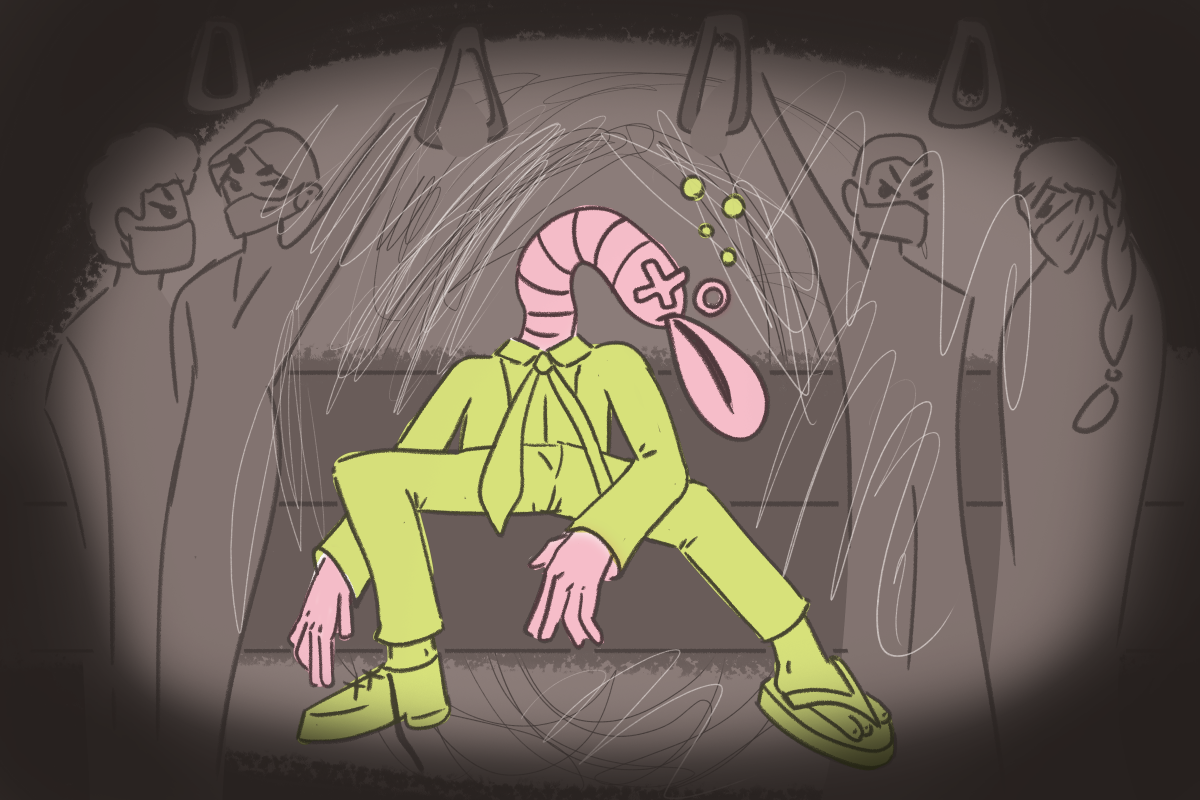Despite the transition to online learning and the closure of most campus facilities, the most recent being Talley Student Union and D.H. Hill Jr. Library, the Counseling Center’s services are still available to students.
“I think the Counseling Center has always been prepared for what this could look like,” said Mary Chamblee, marketing and communications specialist for the Counseling Center and Prevention Services. “That being said, I think so much value is in in-person counseling sessions.”
Although counseling sessions are no longer offered in person, all services are available remotely by phone or through a secure video conferencing platform, according to the Counseling Center’s website.
Prevention Services is also offering virtual drop-in spaces during this time. These are virtual meetings via Zoom that don’t require registration. Students can show up to any of the six meetings, most of which meet on a weekly basis, during the scheduled time to connect with others in the campus community.
Gabbie Consing, a mental health ambassador and fourth-year studying psychology, said before classes transitioned and campus facilities closed down, the “Start the Convo” group, now one of the weekly drop-in spaces, was held in the Counseling Center weekly.
“It was just a good space which was led by mental health ambassadors to connect with other people,” Consing said. “I think it’s especially important because it’s offered on a virtual platform, and it does allow people to connect more in that way, so it’s just changing from physically connecting with people to more of a virtual way.”
In addition to the services offered by the Counseling Center, Chamblee said the Counseling Center and Prevention Services compiled a list of resources to help students during this time.
“There’s resources if you’re in recovery from substance use, or if you’re in recovery from eating disorders, or if you’re just looking for an app to meditate,” Chamblee said. “There’s a ton of resources on there — even academic resources. Some of them are off-campus, and some of them are online.”
Whether or not students ultimately use these resources, Chamblee said there are a few simple things students can do to take care of their mental health while social distancing, which are outlined on the Counseling Center’s website under “Managing Concerns and Emotions about COVID-19.”
“One of them is to seek accurate information, and another component of that is limiting your media exposure if that’s helpful for you,” Chamblee said. “If that means deleting Twitter, or that means only getting your news from Twitter rather than watching the news, or whatever that may be.”
Consing said she is coping with all of the recent changes by maintaining stability and avidly using her Google Calendar to plan both her rest and her work, but forgiving herself if she may not be as productive as she was before campus was closed.
“We’re not living in a world right now where expectations are the same, or they shouldn’t be,” Consing said. “It’s just good to keep in mind that you should only do what you can handle, and I just think that’s really important, because a week ago, I was in a different space than I am today.”
The Counseling Center is available to students by calling 919-515-2423. If you have an emergency on campus, call Campus Police at 919-515-3000. If you have an emergency off campus, call 911 or go to the nearest emergency room.













